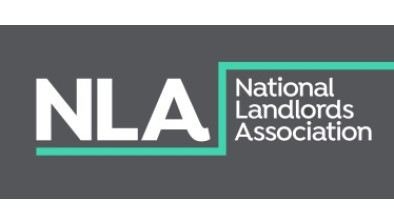‘Right to Rent’ immigration plans see lawful tenants refused housing
 The complexity of the UK government’s plans to make private sector landlords legally responsible for checking the immigration status of their tenants is seeing lawful tenants being refused housing, according new research.
The complexity of the UK government’s plans to make private sector landlords legally responsible for checking the immigration status of their tenants is seeing lawful tenants being refused housing, according new research.
Having been piloted in the West Midlands, the government announced last month that its ‘Right to Rent’ scheme would be expanded nationwide, with landlords facing up to five years in prison for failure to undertake the right checks.
According to a report published by the Joint Council for the Welfare of Immigrants, landlords in the West Midlands are becoming increasingly cautious about renting property out to any tenant with identity documents which are not familiar, with many landlords unclear about the processes they are expected to follow.
The main findings were:
The Residential Landlords Association (RLA), which represents landlords in England and Wales, warned that the increased difficulties of the scheme are “sadly inevitable”.
RLA policy director, David Smith, said: “Whilst the RLA opposes discrimination against tenants because of their race or nationality, the government’s plans are causing confusion and anxiety for many landlords.
“If the government expect landlords to act as border police it should provide the training and material needed to give them the confidence to carry out the checks required of them.
“In the absence of such support, today’s research sadly shows the inevitable consequences of the policy which the RLA has long voiced concerns about. Faced with considerable sanctions, landlords will inevitably play it safe where a tenant’s identity documents are either unclear or simply not known to them.”
The research by the Joint Council comes as the Home Office still has not published its own assessment of the pilot scheme.
David Smith added: “It is concerning that the government remains committed to rolling out the Right to Rent policy nationwide without first publishing its assessment of the impact it has had in its own pilot area.
“Ministers should halt plans to proceed with its rollout to allow time for proper scrutiny and consideration of the impact it is likely to have.”
The Living Rent Campaign called on the Home Office to scrap the scheme everywhere, and on the Scottish Government to oppose whole-heartedly the scheme’s expansion to Scotland.
It said: “The so-called ‘Right-to-Rent’ scheme will require landlords to check the immigration status of prospective tenants. In reality, it is an unworkable and racist policy which will further marginalise migrants. It should not be introduced in Scotland, and it should be scrapped everywhere it is in place.
“In Scotland, BME people and migrants are disproportionately likely to live in private rented accommodation. Therefore, while any policy that leads to racial profiling would be unacceptable on any scale, the impacts of this would be particularly profound.
“Further, the policy seeks to ‘speed up’ the process of evicting tenants failing the labyrinthine tests of the Immigration Act 2014. Far from stripping these tenants of even more of their rights and protections, we should be guaranteeing a safe, secure tenancy for everybody who needs it.”









